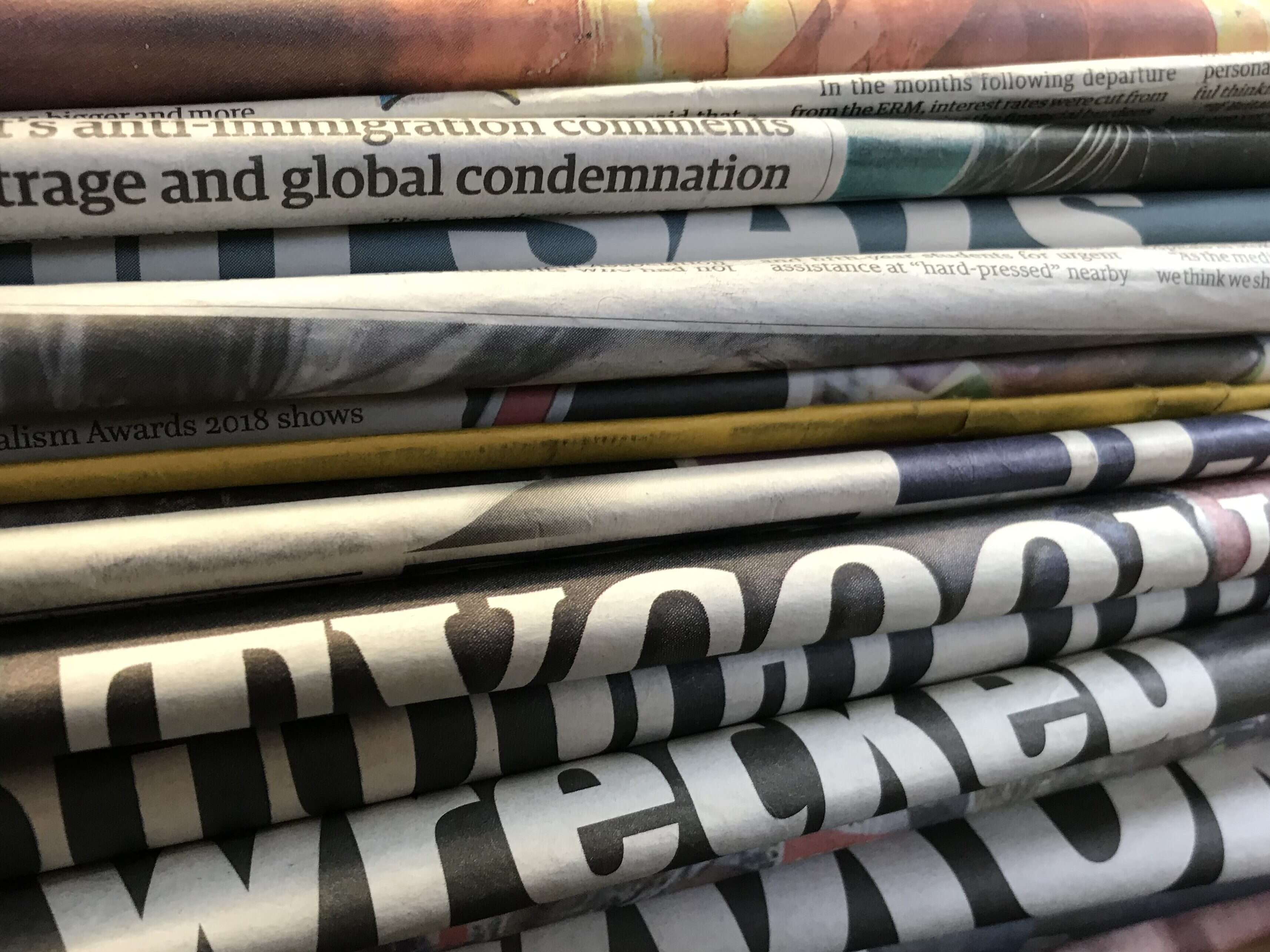
Top journalism researchers from across the globe have attempted to answer a major question about their research – does anyone care.
They argue, of course, that the answer is: “Yes”.
Or, at the least, journalists should.
With that in mind, my co-editor at Journalism Practice, Bonnie Brennen, and I have worked to condense their original articles.
They span issues related to trends in digital innovation, global challenges with ethics and fake news, and how journalists can better interact with audiences.
These rewrites – targeted to journalists, in fact – are versions of research that has already appeared in Digital Journalism, Journalism Practice, and Journalism Studies.
They are reads to which journalists can relate, that don’t berate journalism, and that just might make a difference in how journalists work.
These 28 truncated articles are accessible for free until the end of November and address questions such as:
- What motivates news sources to be interviewed and photographed?
- How can journalists cover the far-right?
- Do emojis make a difference in news coverage?
- How are freelancing journalists fairing in a new media environment?
- What are the trends in fact-checking today?
- What can journalists learn from Facebook’s popularity?
A quick summary of the articles available appears in the journal issue’s introduction.
Once the short versions are downloaded as PDF from the special issue page, users can click on the “doi” link on the coversheet to access the free version of the full study.
It’s our hope that journalists offer feedback to the authors, to the editors, and consider just how well – or not – the research reflects and can help drive journalism today.
Robert E. Gutsche, Jr. (robertgutschejr.com) is Senior Lecturer (Associate Professor) of Critical Digital Media Practice at Lancaster University.
Email pged@pressgazette.co.uk to point out mistakes, provide story tips or send in a letter for publication on our "Letters Page" blog

